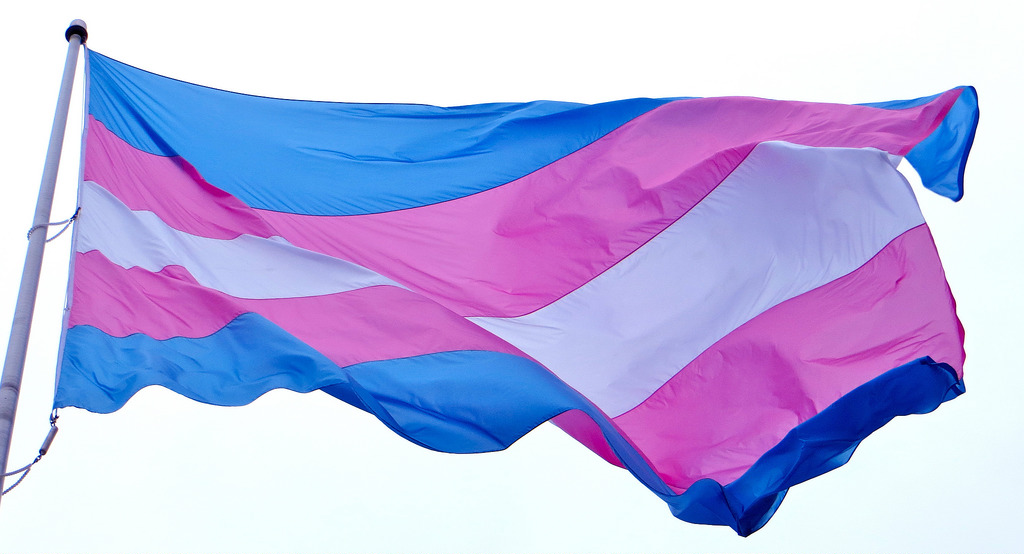“Say ‘no more’ to gender inequality”
February 26th, 2018 The transgender community typically faces pervasive discrimination, but Sarmad Shahbaz Bhutta, 19, a Correspondent in Rawalpindi, Pakistan, notes that Pakistan is taking steps to eliminate inequality and ensure rights for transgender people.
The transgender community typically faces pervasive discrimination, but Sarmad Shahbaz Bhutta, 19, a Correspondent in Rawalpindi, Pakistan, notes that Pakistan is taking steps to eliminate inequality and ensure rights for transgender people.
The transgender community is one of the most overlooked and severely treated of communities. These people never had their rights to live, not only in Pakistan but around the world.
Among the project of the UN’s Sustainable Development Goals is # 05, Gender Equality, which focuses on women’s empowerment, this community is still ignored on the global level. When talking about the rights of transgender persons in Pakistan, it wouldn’t be wrong to say that these people are living in the shadow.
Transgender people are generally known as “Khawaja Sira” in Pakistan. This sector was ignored in society because of non-acceptance of the Third Gender. They were not given their rights to identify themselves, to get an education and to mark themselves on the national level. They faced various kind of discrimination from the start of Pakistan, but now things are moving in the direction of a prosperous society. Transsexual people gaining an edge in society. The people of Pakistan are becoming more soft-hearted towards the extended ignored community.
In recent years, these people have been allowed to get free education from matriculation to Ph.D. Similarly in the education field, there are many inspirations and instances like Aisha Mughal, who has become first Pakistani transgender to teach at local studies. Furthermore, in the past year, transgender activist Farzana Jan was issued with the first transgender passport in Pakistan, with the gender sign as “X” instead of “F” or “M”.
It should be known that the United States only allows the binary choice between male and female. Pakistan, in other words, is in some ways more progressive on transgender issues than the US. This is yet another milestone achieved by the government in minimising the gender inequalities.
The country’s Supreme Court has in recent years has taken steps towards recognising basic rights for transgender persons. In 2009, the court ruled that “Khawaja Sira’s”, which include transvestites, transsexuals, and eunuchs, could get national identity cards as a “third sex.”
Pakistan is on the road of giving sexual minorities their basic rights. For this purpose, Mr. Mamadou Lamine Sakho, country head of the Joint United Nations Programme on HIV/AIDS (UNAIDS), has appreciated Pakistan’s efforts for empowering transgender people.
Still, there are documented cases of discrimination toward transgender people. This is one important social issue which should be removed as soon as possible. The government on the national level should allow a reserved quota in government employment for transgender applicants. As there is no transgender representative in the parliament, the government should understudy some seats to represent this community. There should be some capacities like medical facilities, shelters, military services, employment, education and identity given to transgender people. This would help not only in the making of a flourishing society, but also would aid Pakistan’s position in the whole world regarding removing gender inequalities.
Photo credit: torbakhopper be not afraid, scott richard 2012 via photopin (license)
…………………………………………………………………………………………………………………
About me: I am a passionate writer, blogger, journalist and a columnist. I am the Founder/President of a Non-Profit and Non-Governmental Organization named PART (Pakistan Alliance for the Rights of Transgender) of Society, which essentially focuses on all gender equity and gender empowerment. I also promote the United Nation’s Sustainable Development Goals in Pakistan, and have achieved many honours in the field of social work.
…………………………………………………………………………………………………………………
Opinions expressed in this article are those of the author and do not necessarily represent the views of the Commonwealth Youth Programme. Articles are published in a spirit of dialogue, respect and understanding. If you disagree, why not submit a response?
To learn more about becoming a Commonwealth Correspondent please visit: http://www.yourcommonwealth.org/submit-articles/
…………………………………………………………………………………………………………………






